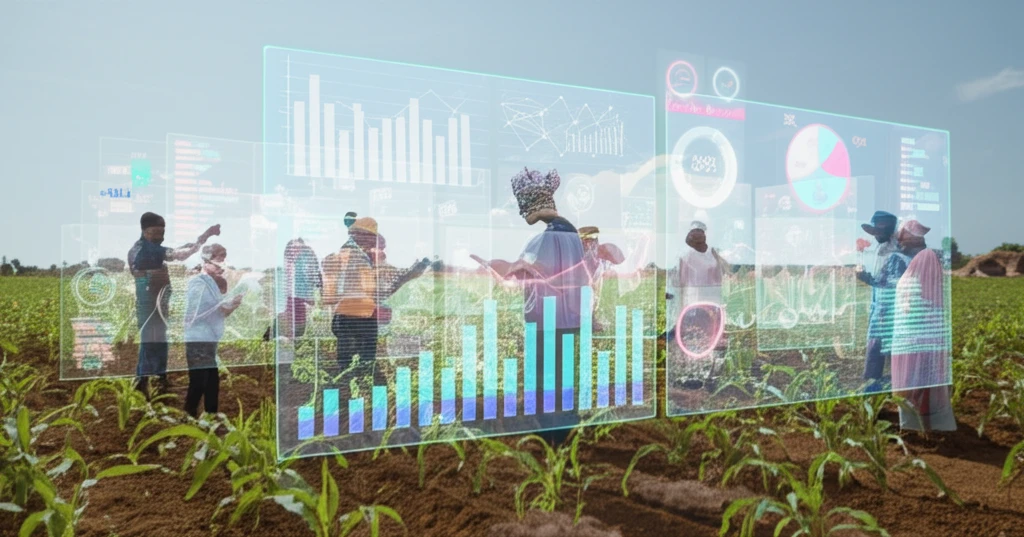
Cultivating Growth: How Mutual Accountability Can Transform African Agriculture
"Unlocking Africa's agricultural potential through joint efforts, transparent reviews, and empowering local communities."
For years, global initiatives have sought to enhance aid effectiveness through principles like alignment, harmonization, and results-based monitoring. The 2005 Paris Declaration, the 2008 Accra Agenda for Action, and the 2011 Busan Partnership for Effective Development Co-operation, all aimed to foster better collaboration and accountability. Now, these principles are taking root in African agriculture, promising a new era of sustainable development.
The Malabo Declaration on Accelerated Agricultural Growth and Transformation, adopted by African Heads of State and Government, underscores the commitment to mutual accountability. This declaration builds upon previous resolutions, emphasizing implementation, tangible results, and significant impact. Regular systematic reviews, guided by the Comprehensive Africa Agriculture Development Programme (CAADP) Results Framework, are crucial for ensuring actions and outcomes align with set targets.
Monitoring and evaluation of agricultural initiatives remain critical for progress. Strengthening mutual accountability requires that we provide evidence-based support for policy and program planning. While progress has been made in implementing agricultural joint sector reviews (JSRs) across Southern Africa, it's vital to learn from these experiences, address challenges, and implement improvements. This article delves into the experiences of Malawi, Mozambique, Swaziland, and Zambia, offering insights into how JSRs can drive agricultural transformation.
The Power of Joint Sector Reviews: A Collaborative Approach

Joint Sector Reviews (JSRs) are vital for mutual accountability, implementing the CAADP Results Framework, and collectively assessing the effectiveness of agricultural policies and institutions. JSRs evaluate the realization of intended results and outcomes, serving as management tools for inclusive stakeholder planning, budget preparation, monitoring, and overall development. By involving a broad spectrum of stakeholders, JSRs ensure that policies and priorities align with the needs and realities on the ground.
- Policy and Institutional Reviews: Ensuring policies are coherent and institutions are effective.
- Progress Measurement: Tracking advancements toward agricultural targets.
- Gap Identification: Pinpointing weaknesses in the review process.
- Best Practices: Promoting successful strategies for sector improvement.
Looking Ahead: Strengthening Accountability for Sustainable Growth
The Malabo Declaration emphasizes the importance of effective implementation and resource optimization. Agricultural JSRs serve as crucial instruments for operationalizing mutual accountability and reporting on commitments. To achieve sustainable agricultural growth, countries must harmonize policies, engage stakeholders, and allocate resources effectively. By strengthening monitoring and evaluation systems, African nations can ensure that agricultural programs deliver tangible results and improve the lives of their citizens. Continued support from initiatives like ReSAKSS will be essential for fostering these advancements and driving agricultural transformation across the continent.
